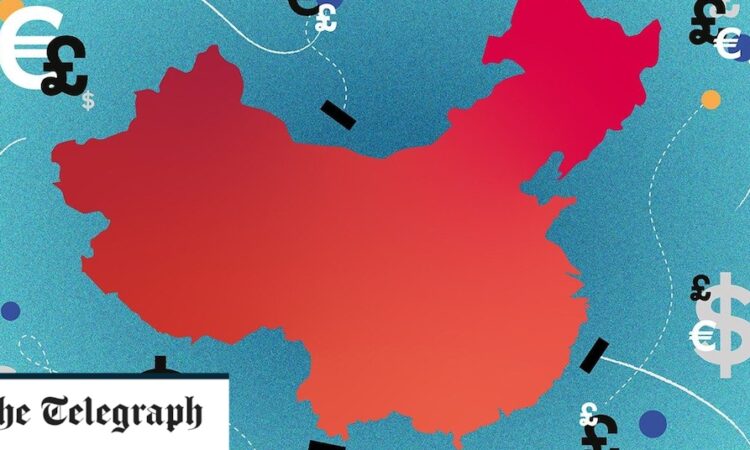
Under China’s currency controls, people cannot send the equivalent of more than $50,000 abroad per year. As a result, elites who wish to spend freely abroad may struggle to source cash. The dollars amassed by cartels in the US offer a useful liquidity pool.
“It’s a symbiotic relationship,” explains Channing Mavrellis, director of illicit trade at Global Financial Integrity, a Washington-based think tank. “The Chinese and the cartels each have what the other wants.”
To move money internationally, the launderers rely on age-old techniques such as trade-based money laundering (TBML), according to John Cassara, who served as an intelligence officer for the CIA and as a special agent at the US Treasury.
TBML involves over or under charging for shipments of everything from watches and gold to cheap widgets, effectively settling debts with the value of other goods.
The scope for TBML has only become larger as Chinese trade with the world has boomed. Customs policing is also relatively light-tough when compared to banking regulation.
“I think people are only just starting to understand the magnitude of Chinese transnational crime,” Cassara says. “These are systems that have been around for a long time, but which effectively bypass our anti-money laundering countermeasures.”
Another of the most distinctive techniques used by Chinese gangs is fei-chien, or “flying money”.
A kind of underground banking, it relies on trusted bonds between family, friends and business partners and has long been used, legitimately, by millions of Chinese labourers to send wages home when working abroad.
“The recordkeeping procedures of the underground banking system are nearly nonexistent, with coded messages, “chits,” and telephone calls used to transfer money from one country to another,” according to the US Justice Department.
This system is open to abuse, with gang-affiliated brokers offering services to cartels, labourers and wealthy clients alike.
Nate Sibley, a research fellow at the Hudson Institute in Washington, says criminal proceeds in the US are often washed by gang-controlled Chinese businesses that are cash-generative, such as restaurants, casinos and dry cleaners.
This means the cash is easily disguised and can be deposited in legitimate bank accounts with minimal suspicion.
“Many of these businesses are hard-working Chinese Americans but the gangs exploit them,” Sibley points out.






